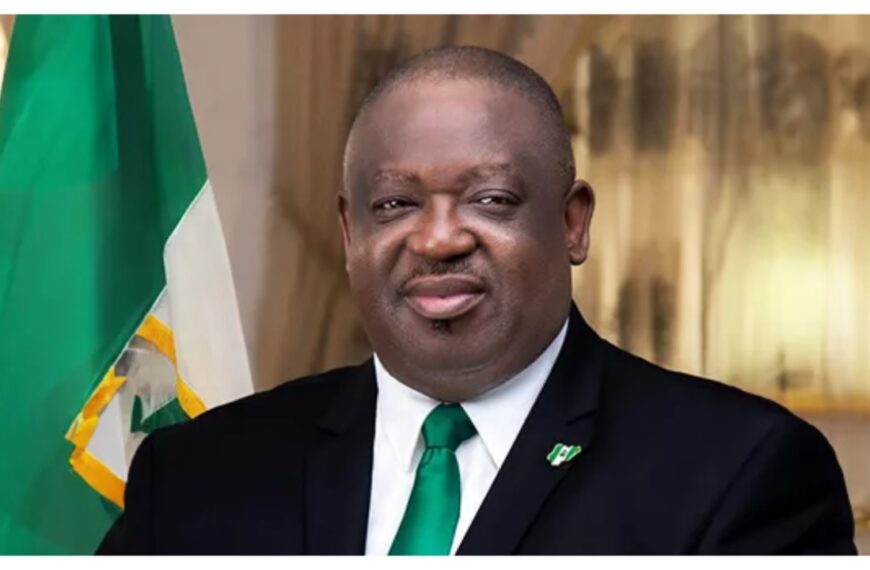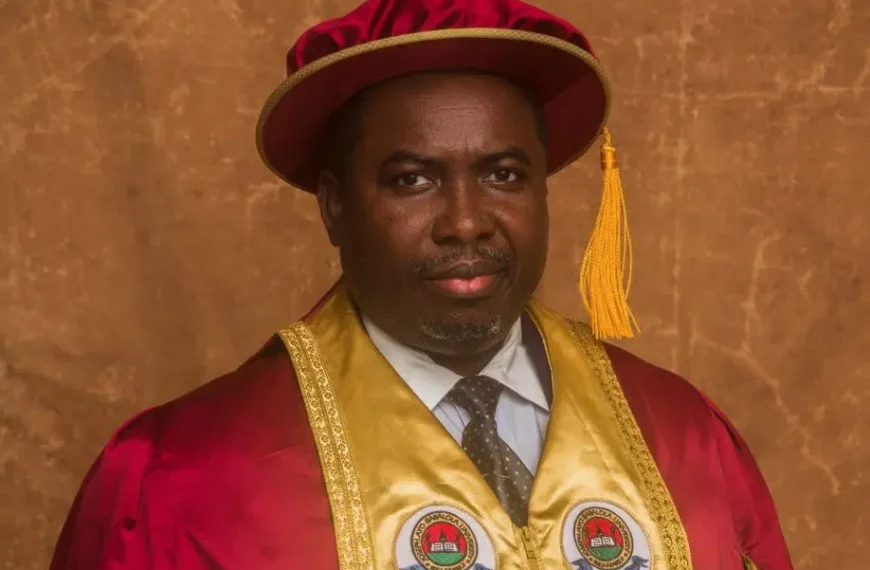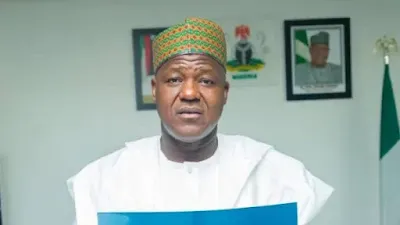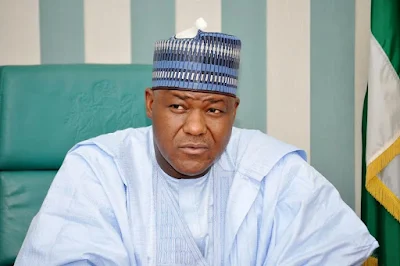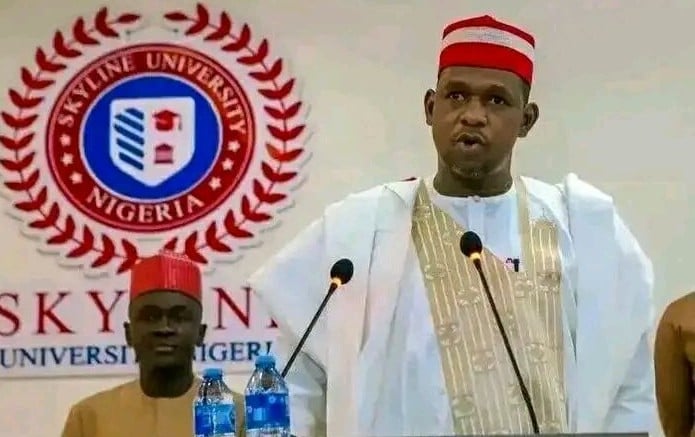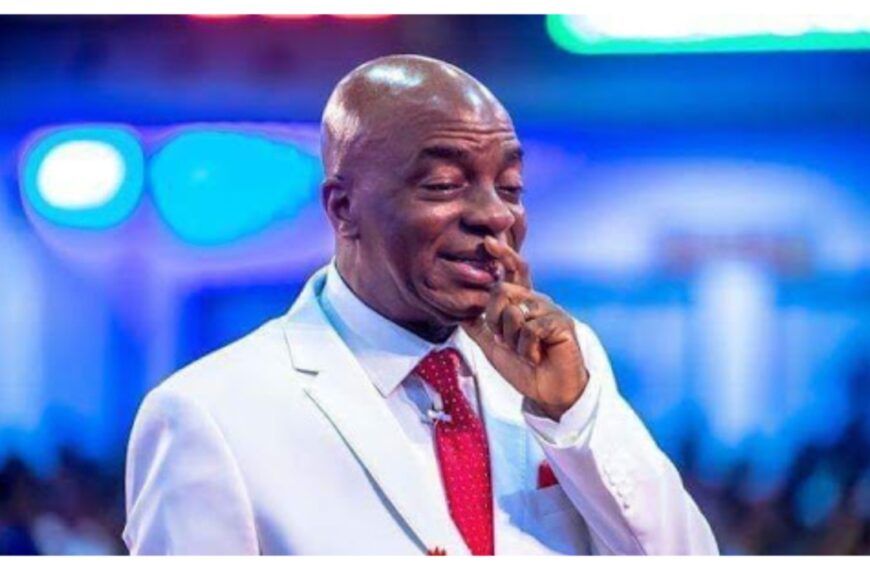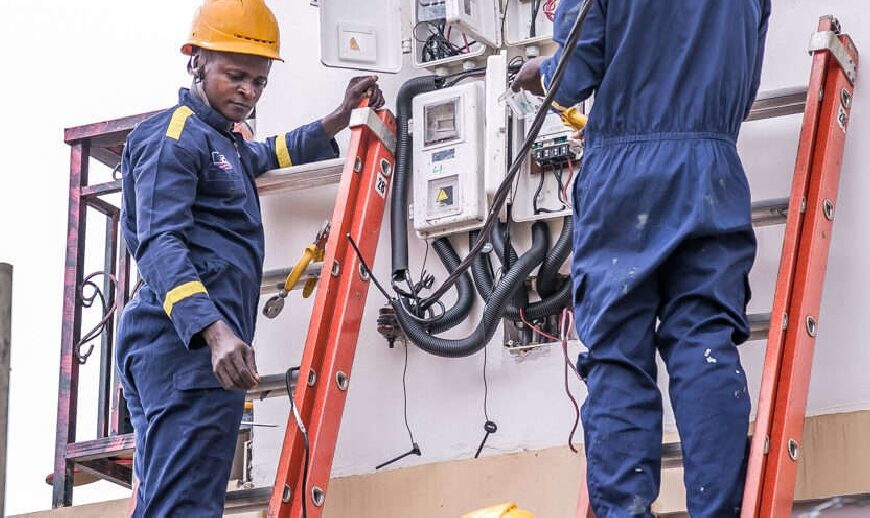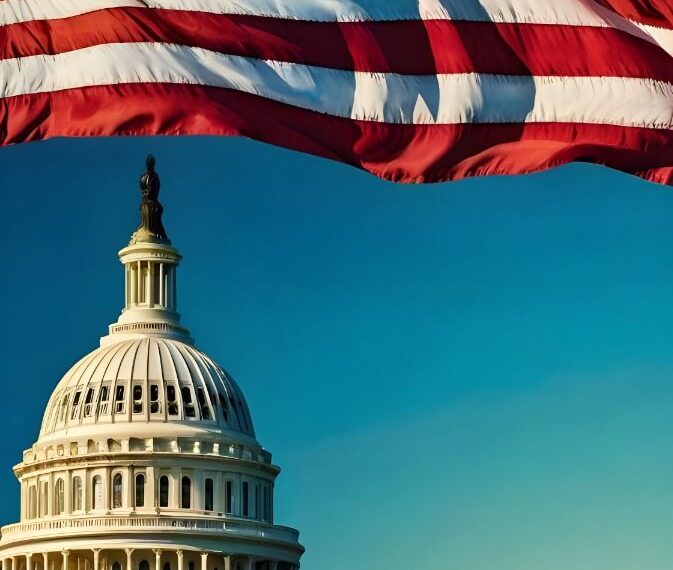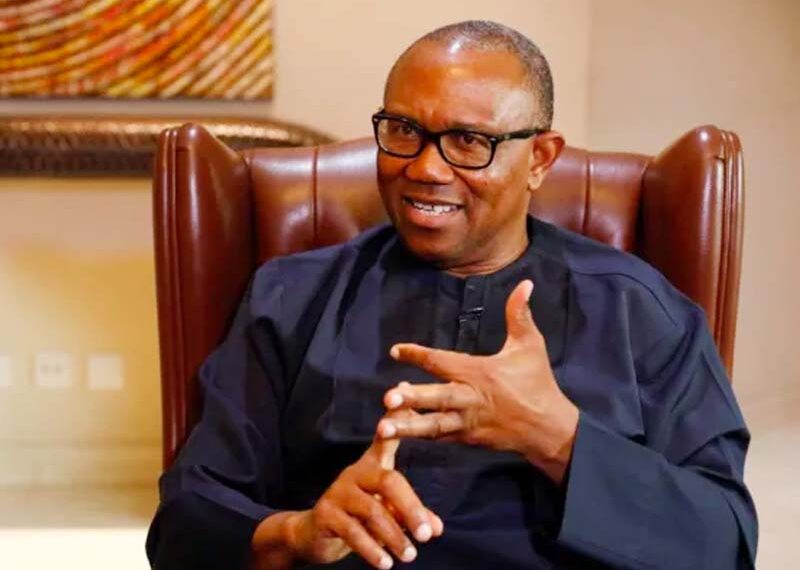Security agencies in Abuja have moved decisively to restrict access to the Presidential Villa and key government sites following plans for a major protest demanding the release of detained Indigenous People of Biafra (IPOB) leader, Nnamdi Kanu. The move comes after a Federal High Court order restrained protesters from demonstrating near sensitive government installations, triggering a full-scale security lockdown across parts of the Federal Capital Territory (FCT).
Court Order Restricting Protests
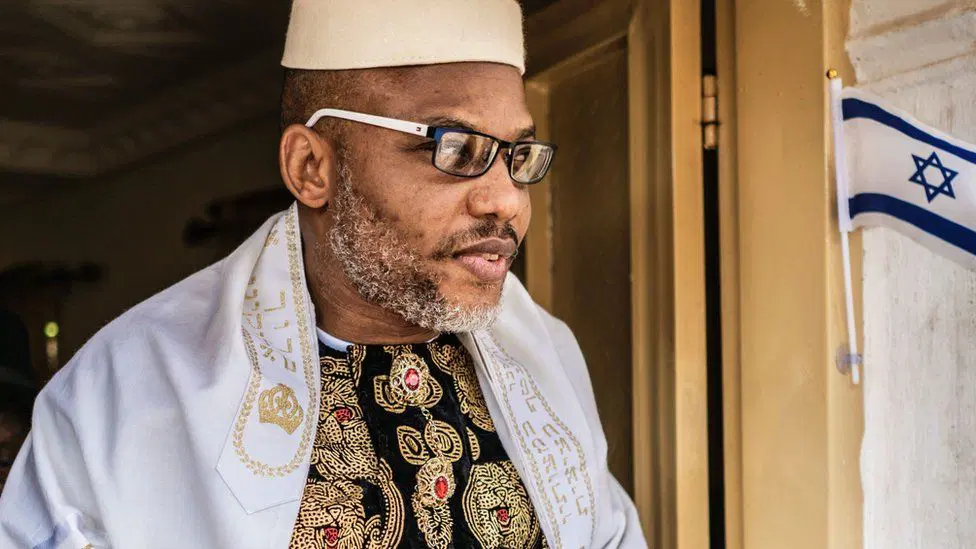
On October 17, 2025, a Federal High Court in Abuja granted an ex parte order sought by the Nigeria Police Force on behalf of the Federal Government, barring individuals and groups from staging protests in or around sensitive areas.
The affected zones include:
- The Presidential Villa (Aso Rock) and surrounding areas
- National Assembly Complex
- Force Headquarters
- Court of Appeal
- Eagle Square and Shehu Shagari Way
The court also shortened the timeline for the respondents—mainly protest organizers—to challenge the order. The hearing was scheduled for October 20, 2025, effectively making the restraining order enforceable ahead of the planned demonstration.
Security Deployment and Access Restrictions
Following the ruling, security agencies began deploying heavily around key entry routes to Aso Rock. Security checkpoints, barricades, and roadblocks were erected at strategic points leading to the Villa.
Police warned that any attempt to stage protests within the restricted areas would be met with firm resistance. They also stated that violators risk arrest and prosecution under relevant laws relating to public order, unlawful assembly, or national security.
Government officials argued that the restrictions were meant to safeguard critical infrastructure and maintain public order.
International Security Advisory
Ahead of the scheduled protest, some foreign diplomatic missions issued advisories to their citizens in Abuja, warning of potential road closures, traffic disruptions, and possible clashes between protesters and security forces. Residents and visitors were urged to avoid protest zones and remain vigilant during the period.
Legal, Political, and Human Rights Dimensions
Right to Protest vs. Public Order
Protest organizers, led by activist Omoyele Sowore, had announced plans for a peaceful demonstration to demand Nnamdi Kanu’s release.
The government, however, argued that allowing mass gatherings near the Villa and other sensitive areas could endanger national security.
This has reignited debates around constitutional rights:
- Citizens have the right to peaceful assembly and protest.
- The state can impose restrictions when it believes public order or security is at risk.
Critics of the court order argue that it represents an overreach that stifles legitimate dissent. Supporters of the decision say it is a necessary preventive measure.
Use of Ex Parte Orders
The use of an ex parte application—where the protesters were not present to defend their rights before the order was granted—has raised concerns among civil society groups. They argue that such orders limit the democratic space and could set a precedent for preemptive protest suppression.
Enforcement and Risks of Escalation
Security forces are reportedly on high alert, with personnel deployed in anticipation of attempts by protesters to defy the order. There is growing concern that any confrontation could escalate into clashes, arrests, or violence.
Political Symbolism
The clampdown near Aso Rock carries powerful political symbolism. By restricting protests near the seat of executive power, the government signals its determination to keep demonstrations away from politically sensitive zones.
For protesters, however, being prevented from reaching these areas highlights what they see as shrinking civic space and government intolerance of dissent.
The situation has also attracted international attention, increasing pressure on the government to balance security with fundamental rights.
Nnamdi Kanu’s Case: The Underlying Issue
Nnamdi Kanu has been in detention facing terrorism-related charges after being re-arrested and extradited to Nigeria. His case has been marked by a series of legal battles:
- Some charges were struck out by the Federal High Court in 2022.
- The Court of Appeal once ordered his release, but that decision was later overturned by the Supreme Court.
His supporters consider his continued detention unjust and politically motivated. The government insists that his trial must run its full legal course due to the seriousness of the allegations.
The protest movement is part of broader demands for fair trial, due process, and what supporters describe as an end to selective justice.
Possible Outcomes and Scenarios
- Peaceful and Contained Protest
Organizers may hold demonstrations outside restricted zones, allowing for a relatively calm event. - Confrontation and Crackdown
If protesters attempt to breach restricted areas, it could trigger arrests, dispersals, and potential violence. - Legal Reversal or Adjustment
The protesters may seek to have the ex parte order set aside at the scheduled court hearing. - Political Dialogue
The government could choose to open dialogue with activists to de-escalate tensions. - Wider Civic Impact
This case could set a legal and political precedent for future protests around government buildings in Abuja.
Key Challenges and Critiques
- Scope of Restrictions: The ban covers broad areas, effectively shutting protesters out of central political spaces.
- Legal Fairness: The ex parte order limited protesters’ ability to challenge it in real time.
- Security Posture: Heavy deployments may deter peaceful demonstrators and escalate tensions.
- Selective Enforcement: Some activists believe such orders are more strictly applied to certain groups, raising fairness concerns.
Conclusion
The government’s decision to shut down access to the Presidential Villa and restrict protests over the Nnamdi Kanu case underscores a larger national struggle: the balance between security and civil liberties.
While authorities argue that these measures are necessary to prevent unrest, critics view them as an attempt to silence dissent. The outcome of the October 20 hearing and how security forces handle the protests may shape the trajectory of civil activism and political expression in Nigeria in the months ahead.

